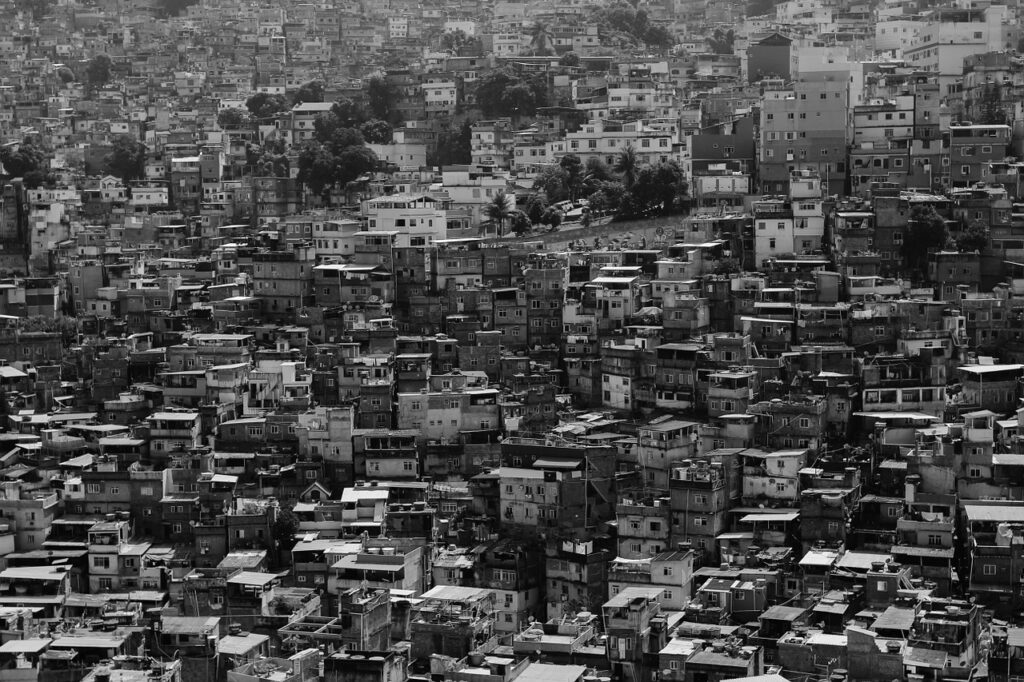Tony Colville | 03th February 2015
In 2014 the elites owned the topic of inequality.
My hope for 2015 ? We all get our say and we all listen, learn and mobilise.
I’m a former young carer from a council estate in Birmingham now living in London, one of the most unequal cities in the world. For four years now I have worked at The Young Foundation, one of the world’s leading centres for social innovation, determined to build a career around bringing people, ideas and resources together to end the inequalities I faced and others continue to. 2014 felt like a breakthrough year where the topic of inequality, albeit owned by politicians, authors, think tanks, academics, the media and wealthy charities, broke through to the mainstream consciousness. But where does this leave us in 2015?
This year I’ll be leading the design and delivery of a number of large events to celebrate the centenary year of Michael Young, our founder. In 1958 Young made numerous predictions in one of his better-known books, The Rise of the Meritocracy. One such prediction that has stuck with me was that by the year 2000, executive pay would be 500 times frontline pay. He was right and in London it’s an inequality that rips through the heart of the fabric of communities in every way possible. So many of his predictions were right. We have become one of the most unequal countries in the world – yet have all the opportunities, understanding and resources to be the exact opposite. So why isn’t such a fact leading to greater action? How has this not led to a modern revolution with elites being brought down by us the people, the 99%? For me, the problem lies in the ownership of the debate.
Ask the ordinary person on the street what they know about inequality and they might mention Piketty’s best selling book, although ask them to quote something from it and you’ll find they like most of us have a copy but haven’t read it all (yet all have an opinion). Ask the politician and they might mention the ‘inevitable budget deficit’ (which by the way is anything but inevitable). Ask me and I’ll tell you it’s the fact millions of people in communities across the UK are suffering at the expense of others – the elites. The rise of food banks, the decimation of welfare structures designed to create equal access like the National Health Service, the lack of affordable housing versus the growth of millionaire apartments for foreign investors that come but once a year and so much more. But all these voices, including my own, are already being heard. We are in the debate. We are creating the framing, the language, the direction of the actions and consequences. But where is the equality of voice? Where is the respect for those not in our position? Where is the voice of the young carers from the council estate I grew up in?
My hope for 2015 is that whilst we spend our time predicting where we’ll be in 50 years time, that we stop to listen, learn and help those who are facing the real inequalities. That we create as many, if not more, platforms for those unheard voices to speak out and be respected when doing so. We saw some signs in 2014 that those unheard voices, when given respect, supported by those with the tools, access to platforms and contacts, matched by a sheer determination to fight for justice, can win (see New Era 4 All for a perfect example of what can happen when you fight for it).
If you, like me, are not a politician, not a member of the elite establishment, not a best selling author or one of the handful of media owners and want to add your voice to the debate then I urge you in 2015, use your voice and share your story. I make two promised to you. Firstly, share your story and I promise to use the resources I have to tell it. Secondly, as I design a year of events to celebrate the centenary of Michael Young, I’ll create a platform for hundreds of unheard voices here in the UK and across the many global locations of The Young Foundation. It’s time we all listened. It’s time we all mobilised. It’s time to end inequality.
Tell us – what inequalities do you face and what should we be doing about it?


